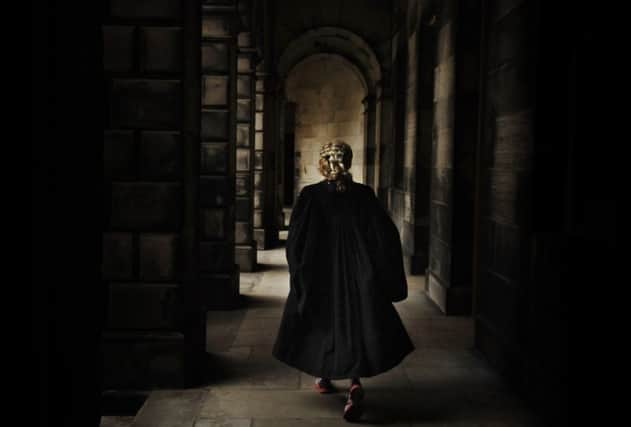Our courts may lack judges, but not expertise


The latest report of the Council of Europe Commission for the Efficiency of Justice (CEPEJ) contains a wealth of interesting data on the countries which are members of the Council of Europe. It discloses that Scotland has 3.5 professional permanent judges per 100,000 population. The equivalent figures for England & Wales, Northern Ireland and the Republic of Ireland are all between three and four.
The numbers for the four “home” jurisdictions are significantly lower than those for other Council of Europe countries. The median figure is 17.7 and the average 21.0. France, the Netherlands, Germany and Poland report 10.7, 14.4, 24.7 and 26.2 respectively. The number of non-judge court staff employed to assist the judge in Scotland is also lower than the average.
Advertisement
Hide AdAdvertisement
Hide AdHow do these four jurisdictions manage to function effectively with such a low number of judges and staff to assist them? One explanation is that they operate on the basis that cases will be fully prepared and presented by the parties – in effect, by the parties’ lawyers. Judges in our system rely on the parties and their lawyers to investigate the case, to identify the relevant evidence, to marshall the material effectively and efficiently, and to research the law fully. In effect, work which in other jurisdictions may be undertaken by or at the direction of judges is carried out in our system by lawyers retained by the parties.
The legal systems in these islands accordingly depend, if they are to operate effectively and justly, on those parties having skilled, effective and fair-minded legal representation. It is unsurprising that in these systems, advocacy before the courts should be regarded as a specialist professional skill, distinct from other forms of legal practice – a skill which is developed and practised to a high degree of expertise by members of the independent referral bars. It is no coincidence, then, that the four jurisdictions which have, relatively, very small judiciaries, are also the four jurisdictions in the Council of Europe which have independent referral bars.
The CEPEJ statistics are relevant to a number of contemporary debates.
First, it is sometimes suggested that our judges should take a more inquisitorial role. There is a spectrum of judicial approaches, and arguments can be advanced for and against different approaches – but the CEPEJ statistics invite us to be alive to the potential resource implications of changes which would impose greater demands on the judiciary.
Second, the role of skilled legal representation in securing justice in our system cannot be overstated. The involvement of skilled professionals reduces the burden which would otherwise be borne by judges while, at the same time, securing the rights of the parties. In effect, lawyers enable our system to produce just results. The short point is that the legal professions, by insisting on high standards of competence and of professional conduct, support the administration of justice.
Third, proposals which would have the effect of reducing legal aid for skilled legal representation need to be considered against this background. In England & Wales, where legal aid is no longer generally available in private law family cases, the President of the Family Division recently said: “The absence of assistance in the court room by a professional advocate causes obvious problems: most litigants lack the skills to represent themselves to best advantage, for example in examining and cross-examining witnesses or making submissions.”
Measures directed at making savings to the legal aid fund may affect the ability of the system to operate justly, and may also impose costs elsewhere in the system. We are fortunate that, in Scotland, the scope of legal aid has not been altered. But we must take care that other steps which may be taken to make savings do not adversely affect the ability of our court system to operate effectively and justly. If the state is able, by reason of the function which lawyers have in our system, to employ a much smaller number of judges than other comparable legal systems, then it must make sure that skilled legal representation is available to those who need it. • James Wolffe is Dean of the Faculty of Advocates
SEE ALSO